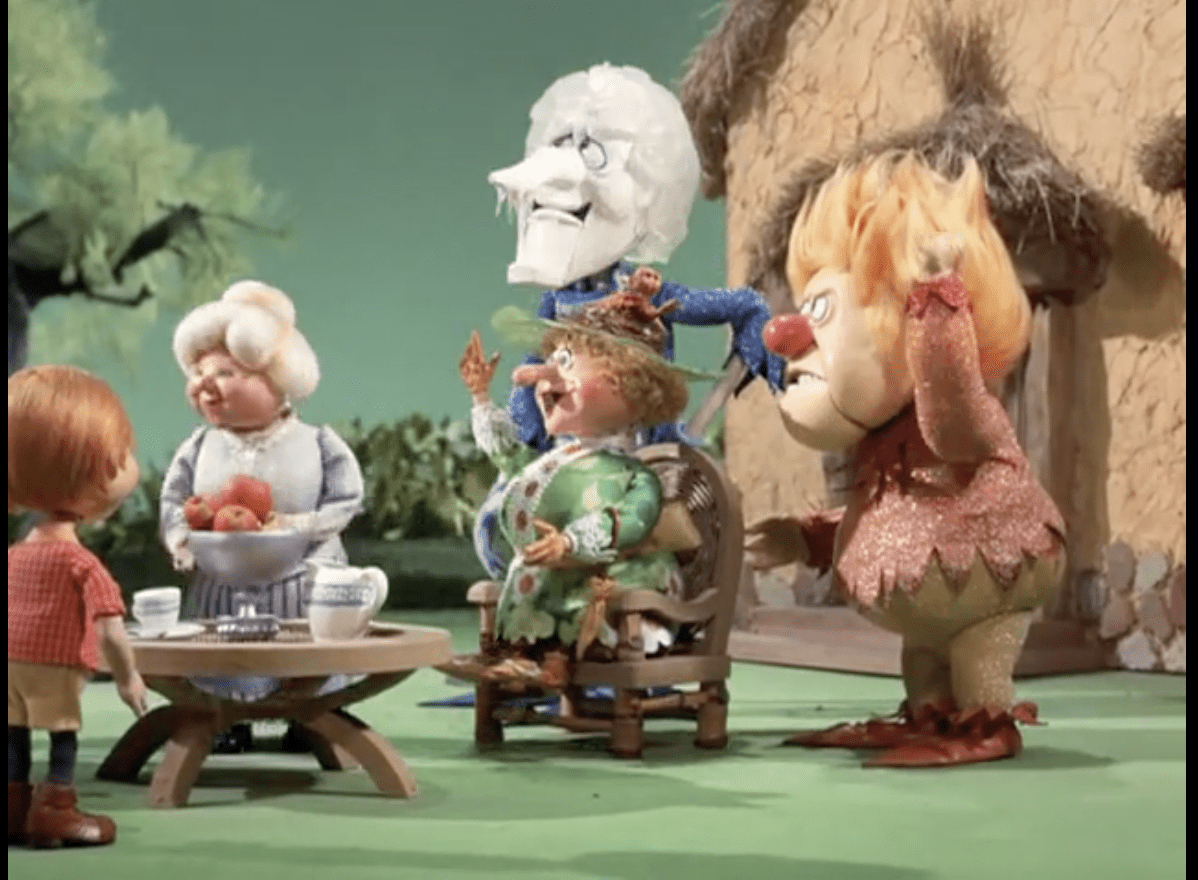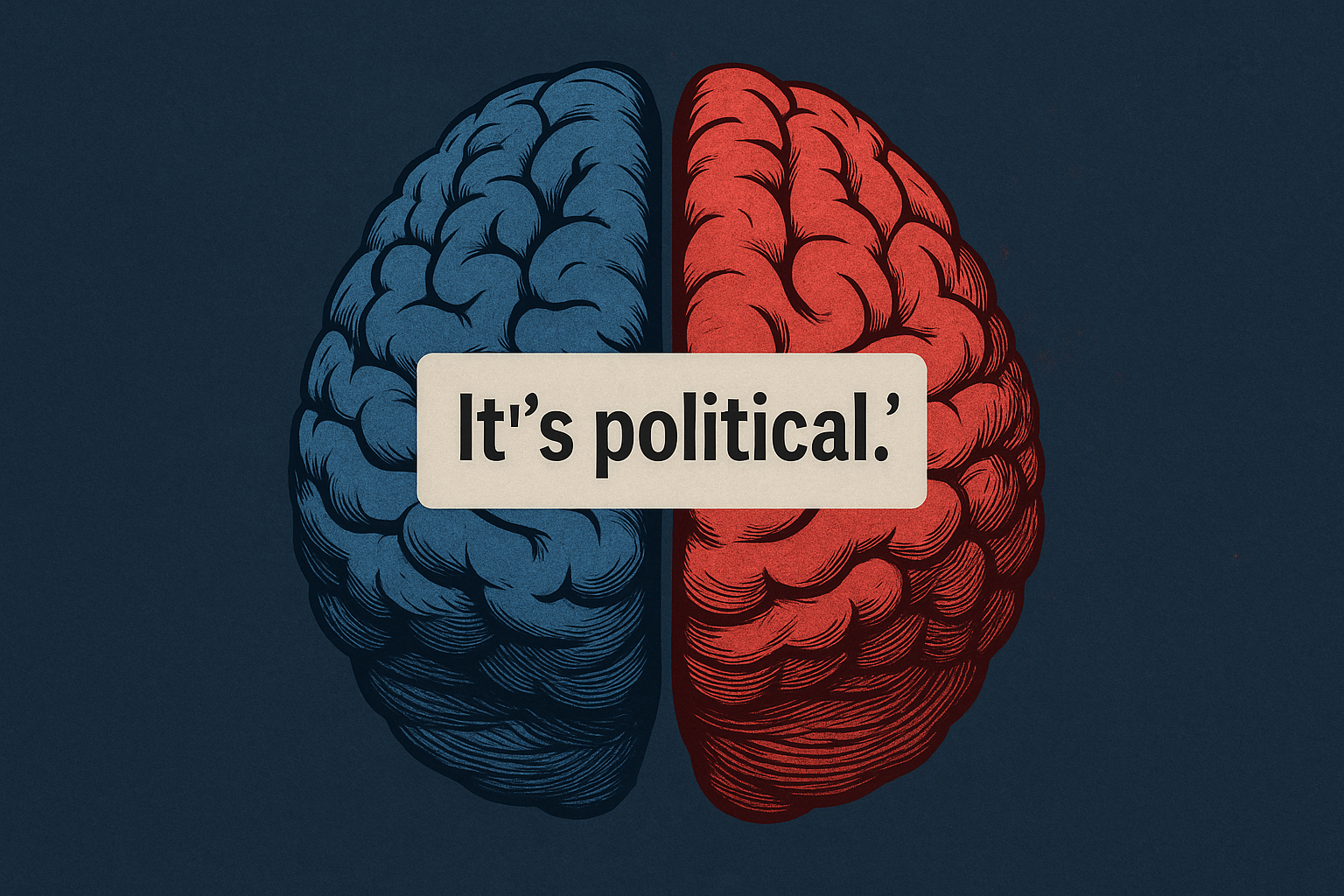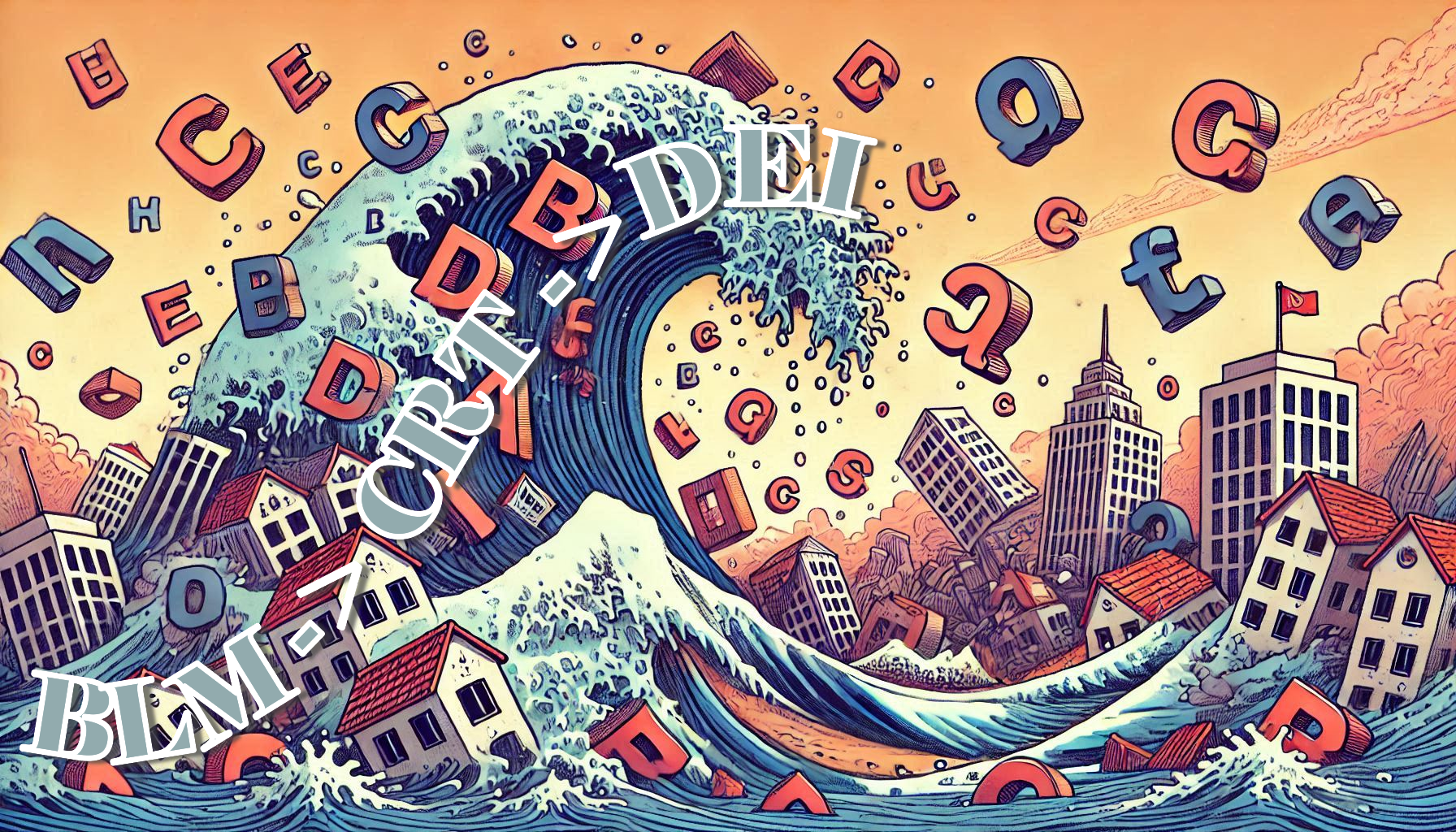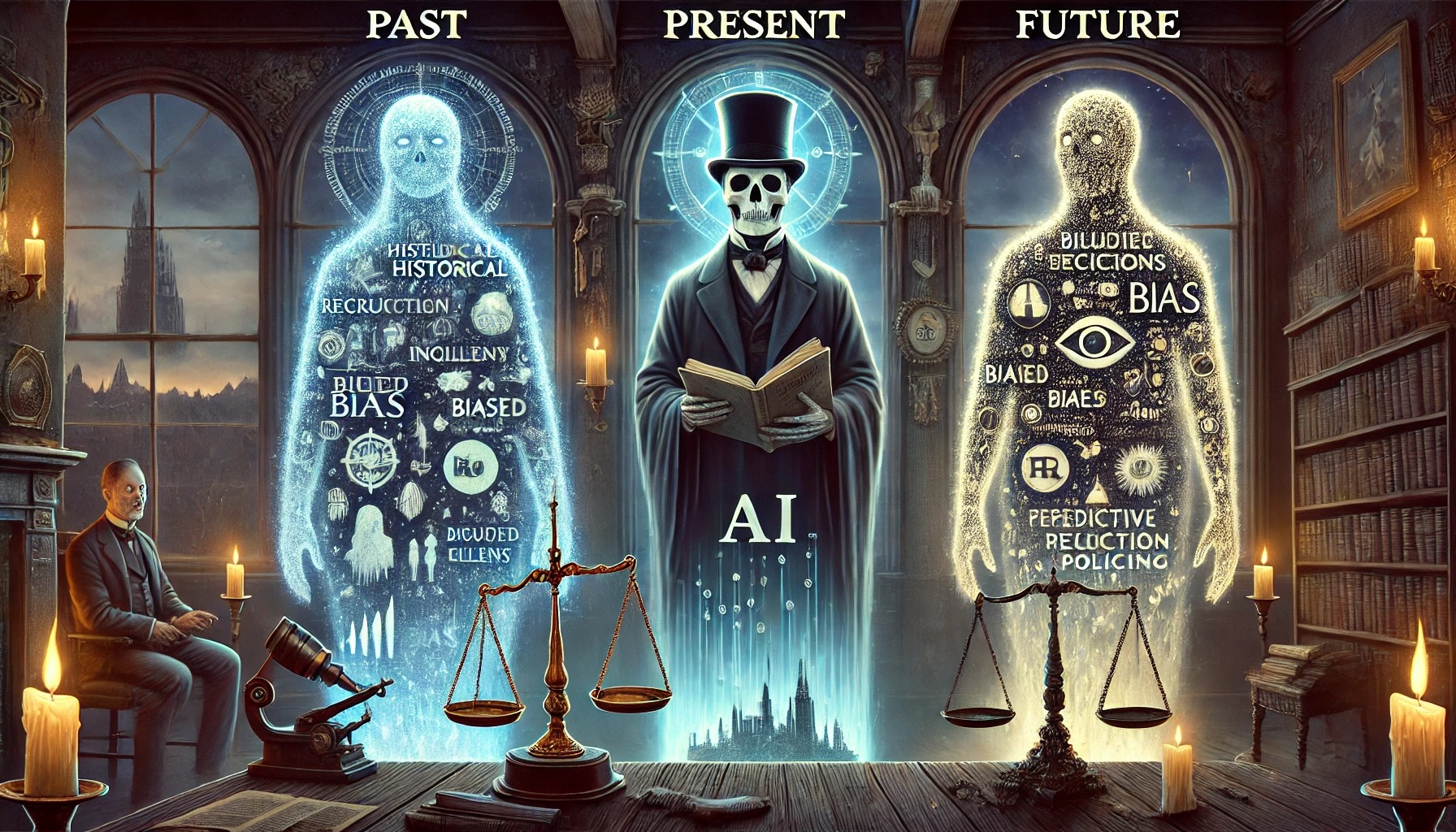The Year Without a Santa Claus, an animated short from 1974 (currently available online), has truly weathered the test of time. The title alone is a nearly perfect capstone for 2020.

As I watched it with my 11-year old daughter, my curiosity was sparked when she said couldn’t stop seeing Snow Miser as Joe Biden and Heat Miser as Donald Trump. (At this point feel free to take a moment to click on the Snow Miser and/or Heat Miser song either for context or, if you are a child of the 70’s/80’s, for nostalgia.) My daughter’s remark took me on a search for what else feels current in this 46 year old tale.
If you’re not familiar with the story, it begins with an ailing and discouraged Santa Claus deciding to take Christmas off and not deliver toys. Mrs. Claus and two elves set out to change his mind by proving the Christmas spirit exists. First she goes to Heat Miser and Snow Miser, the rulers of the North and the South, to negotiate a compromise between the two that would save Christmas. They are mired in years of animosity and old grievances and refuse to compromise. Mrs. Claus then goes to Mother Nature to put these two in line, who reminds/forces them to a simple compromise.
Watching this through a 2020 lens brought on some curious conversation. So many current issues are in this movie. Entrenched political infighting. Climate change and its impact on animal populations. Segregated communities. The legacy of patriarchy and the possibility of matriarchy. The importance of self-care and rest. The need to ask for help from our community. In a 2020 world, would Mrs. Claus still try to convince Santa or would she take matters into her own hands? Would she organize the people and go around the power structures represented by Heat Miser and Cold Miser? Mrs. Claus exudes empathy, reason, wisdom and in this version she is a white woman. Who is the 2020 version of Mrs. Claus? Who are the people you know who speak truth to power, focus on the real needs of the people and do not suffer fools? Stacey Abrams? Bryan Stevenson? Alicia Garza?
Taking this metaphor a bit further, the cartoon shows that the forces in charge are mired in the way things used to be. Pundits are quick to point out what can’t be done instead of looking to new possibilities or solutions. As we read headlines infused with confirmation bias, this clouds truth even more in 2020. The roots of American political and social ailments run far deeper than any two or four year electoral cycle. Joe Biden and Kamala Harris will not be the saving grace that some hope for or the great demise that others predict. If we can take anything from this election, we can notice that more people voted and volunteered than ever before. Perhaps we have the answers, and our active participation is part of the solution. And we need to design systems that enable more civic engagement.
Because that’s what ended up happening in The Year Without a Santa Claus. Santa was discouraged and feeling as if what he did at work didn’t matter and becoming physically ill as a result–any of you been there? Recognizing his need, the children sent presents to Santa instead of expecting them from him. Each person did what they could to show that they cared.
Perhaps we can slow down from the busy-ness of life and pause to see the need to bridge our differences and find common ground. To bring the respective positions of Snow and Heat together to fight issues bigger than either can conquer alone. Perhaps Santa (the old white, bearded dude that needs to rest) is ready to allow a new generation of youth to live through a blue Christmas, to see beyond the commercial value of “stuff” and to tackle the long-term problems that they are destined to inherit.
It may be time to let Santa Claus rest and 2020 may be the year to do without. In this particular year when we have been isolated, either with our families or by ourselves, we are ever more aware of the need for presence and what that means. What we are really missing now is not the presents but the feeling of being in a room with people we love and what it means to be together. We know that children already know that the object doesn’t really matter–we have all seen a young child open a present and play happily with the box it came in for hours. In this year, in this time, let’s not confuse presents and presence. We can choose to value being in the same space with those who are in our homes now and to find new ways to show we care to those we can’t be in the same room with during these COVID times. We can see past the in-fighting of our own Heat Miser and Cold Miser in our lives. We can let go of anachronistic ways of doing things. We can embrace new norms and discover new possibilities. We can wake up and define new archetypes that will save us from our worst selves and help us create a brighter future.

Percipio Company is led by Matthew Cahill. His deep expertise in cognitive, social, and workplace biases is rooted in the belief that if you have a brain, you have bias®. He works with executives to reduce mental mistakes, strengthen workplace relationships & disrupt existing bias within current HR processes, meeting protocols and corporate policies. Matthew has demonstrated success with large clients like LinkedIn, Salesforce and dozens of small to mid-size companies looking to create more inclusive workplaces, work smarter, generate more revenue and move from bias to belonging®.





